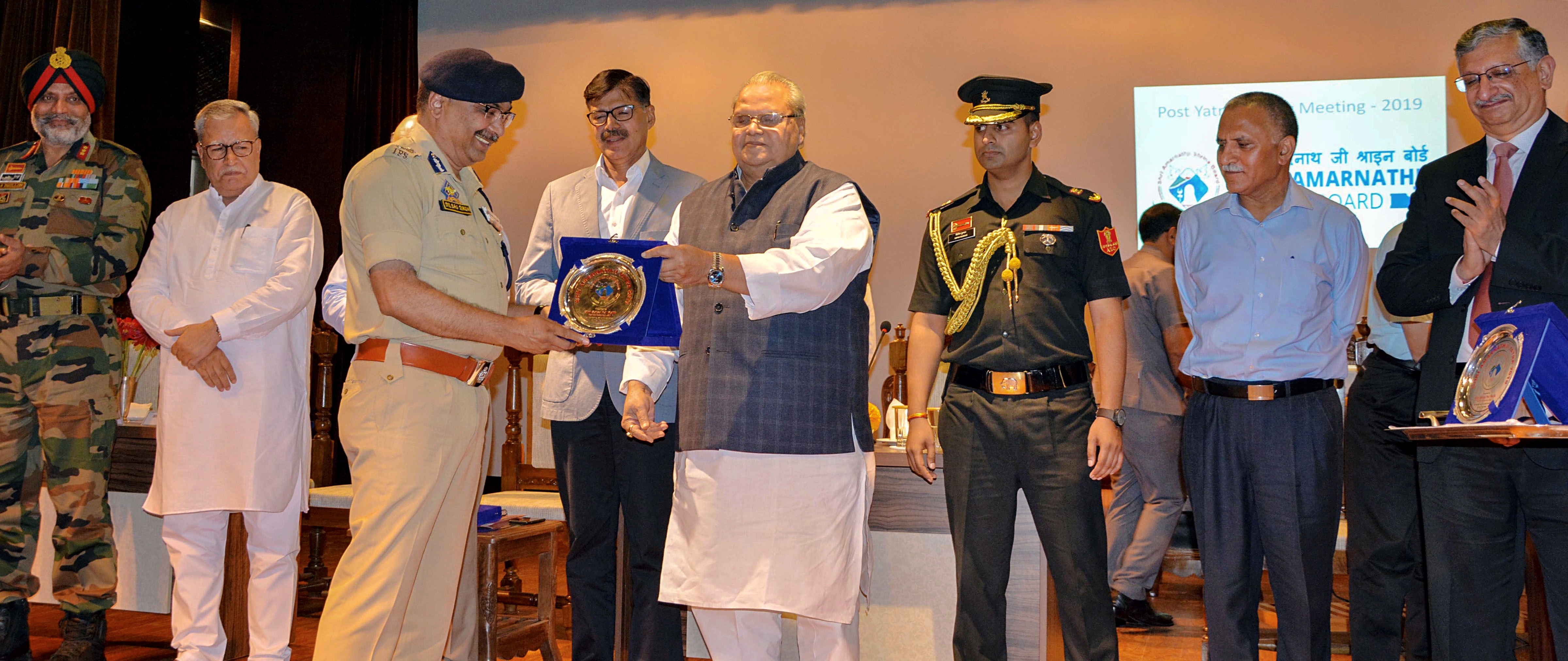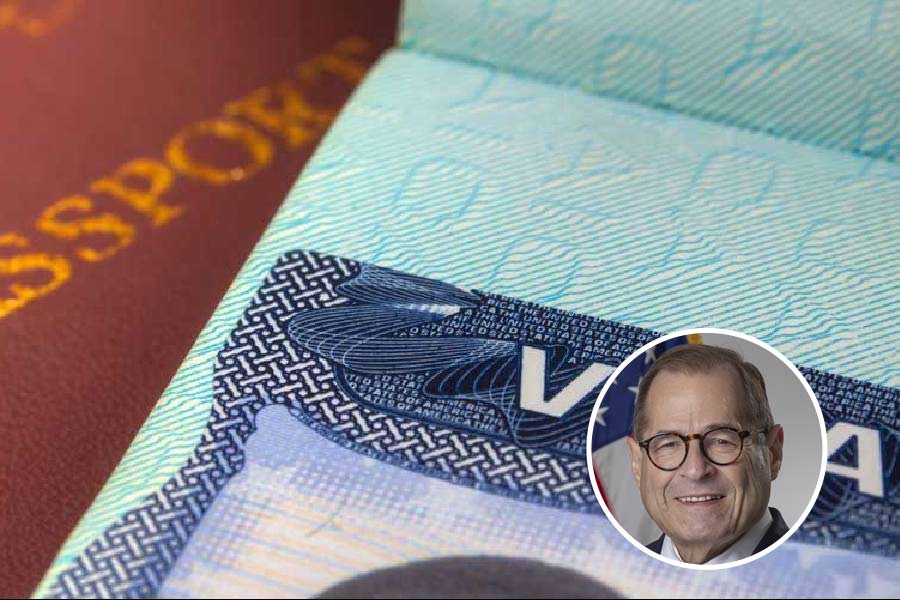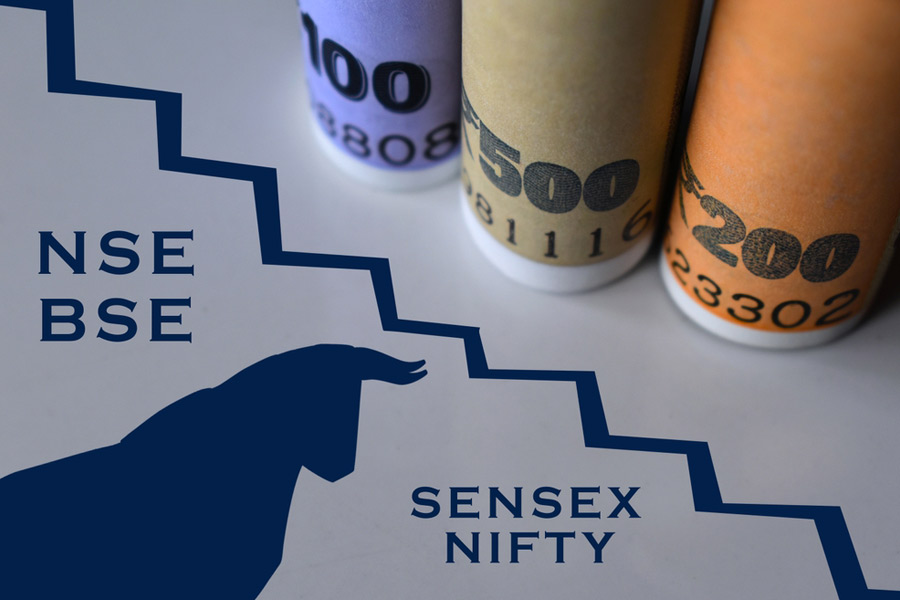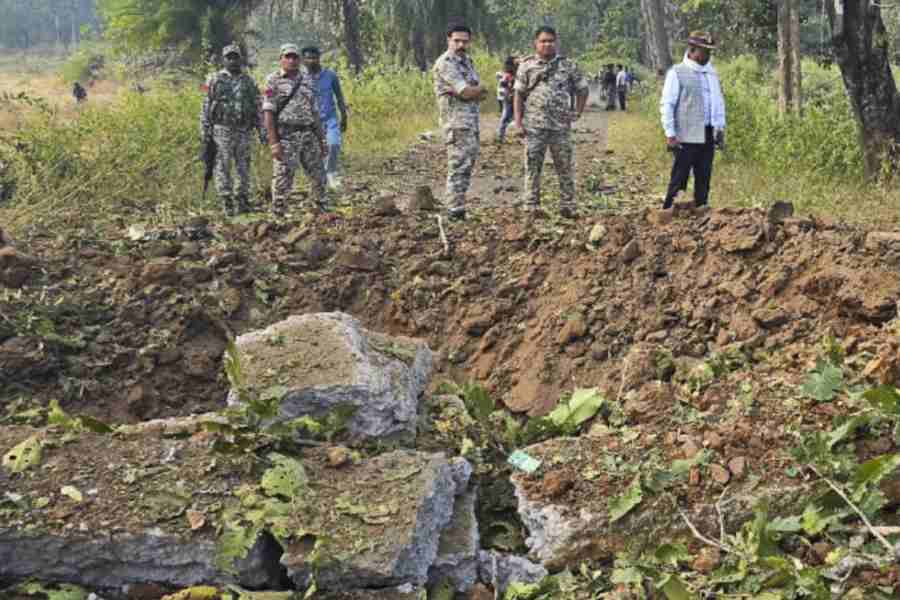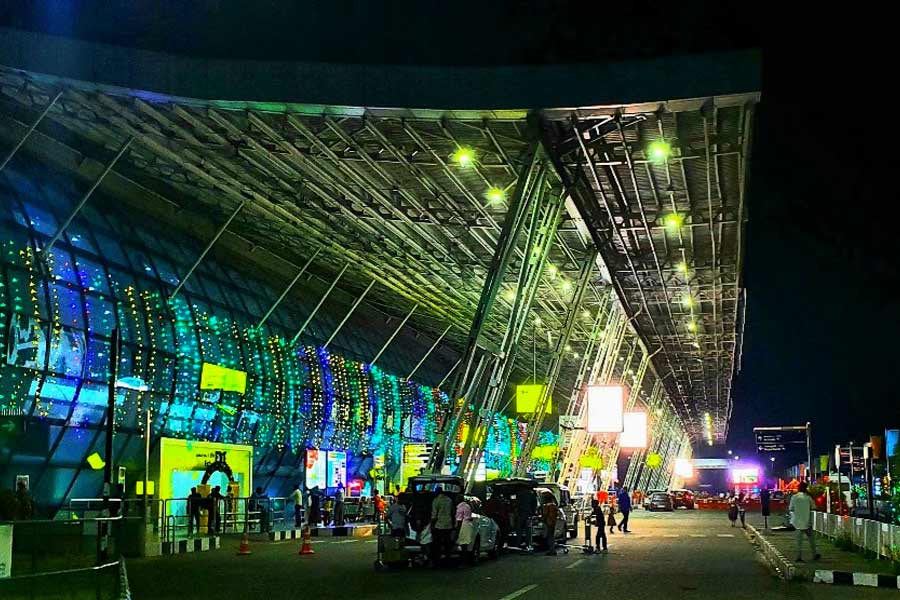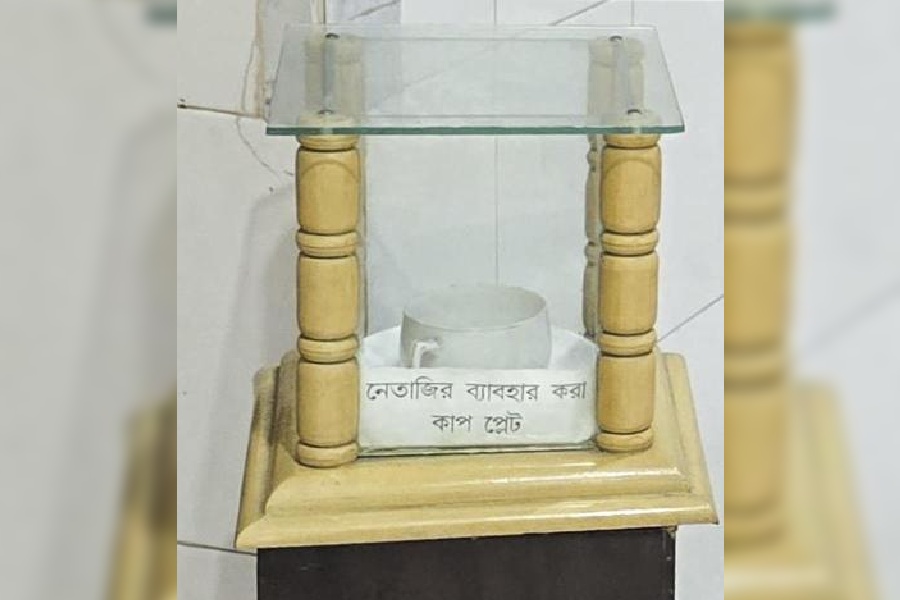Satya Pal Malik, the Jammu and Kashmir governor, was asked at a news conference in Srinagar today when he expected normality to return to Kashmir. He said: “Will you leave anything on Allah or not. I have.”
Jammu and Kashmir police chief Dilbag Singh, at the same news conference, confirmed that adolescents were indeed being detained. He said they were being counselled and then allowed to leave. This is the first time an official in Kashmir has said on record what was feared by rights activists - that children in Kashmir were being rounded up by security forces and the police.
While he stressed that Kashmir would see great progress six months from now, Malik gave no specifics on the release of political detainees or on ending the communication restrictions on mobile and internet networks.
When a journalist pointed out that schools had opened but no student was in class, the governor denied such reports.
These are the key details that emerged from the news conference.
Detentions
“Aap nahi chahte ki log neta bane? Main 30 baar jail gaya hoon. Jo jail jayenge who neta banenge. Unko abhi rehne dijiye (don’t you want people to become leaders? I went to jail 30 times. Those who go to jails become leaders. Let them be),” the governor said when he was asked how long political leaders would be in detention.
Return to normal life
Journalist: When will normal life be back? One month, three months or do you need more time?
Malik: “Will you leave anything on Allah or not. I have.”
He proceeded with an explanation: 'Mujhe bilkul yeh ummeed nahi thi ki itni badi cheez itni ahista se ho jayegi. Normalcy dheere dheere aayegi aur dheere dheere aani chahiye. Humko rush nahin karna chahiye (I had not imagined that such a big move would be brought so gradually. Normalcy will take time. It should take time. We should not rush).'
The director-general of the Jammu and Kashmir police, Dilbag Singh, when asked about the arrest and release of people, said this was a dynamic process. “People are caught as well as released.' The police chief then made a claim that seemed to defy simple arithmetic. 'Jitne pakde hain, unse zyada chhod diye hain (more people have been released than caught),' he said.
Singh then confirmed the detention of adolescents and children. 'Hum log naujawan, bachchon ko agar laate hain, counsel karte hain, thoda bohot der rakhte hain, chhodte bhi hain. Bohot badi tadaad nahi hai ki aapki chinta ka vishay ho. Aur humein iska idea hai ki jitni zaroorat hai, utni hi giraftari kari jayegi uske alawa nahi kari jayegi (If and when we have rounded up adolscents and children, we have counselled them, kept them for sometime and then let them go. These are not big numbers that should make you anxious. We know how many and who to arrest. There will be no excesses),' he said.
A fact-finding team of economist Jean Dreze and three rights activists had travelled to Kashmir earlier this month. On returning to Delhi, they had highlighted that children as young as 11 years were being picked up, beaten up and detained by the forces.
A New York Times report said that “at least 2,000 Kashmiris — including business leaders, human rights defenders, elected representatives, teachers, and students as young as 14 — were rounded up by security forces in the days right before and right after the government revoked Jammu and Kashmir’s special status.”
Loss of life
The governor said there was no loss of life. He added that people who were injured during protests and clashes with forces were injured waist downwards. “Humne koi loss of life nahi hone diya, thoda bohot jo log upadrav karke ghayal hain who bhi sab kamar ke neeche hai,' he said.
Malik said there were rumours that the administration was hiding the deaths. 'Tell me, how can deaths be hidden? If someone was injured by even a pellet, we have declared. Most people were shot [pellets] below their waist, except in one case.” He said the person who was shot in the neck was treated and was recovering.
The Reuters news agency reported that on August 17, after overnight clash between police and residents in Srinagar injured over two dozen people who were taken to hospital with pellet wounds. In another report, a Kashmiri man was shown being treated for a pellet wound near his left eye.
Medicines
The governor said he had visited hospitals and seen that all medicines and treatments were free. “A child in GB Pant Hospital was in a bad condition. It was after my suggestion he was sent to Delhi on a plane. Every facility is available but people are spreading lies,” he said. He also claimed that financial aid is being given to patients and buses were in service to bring doctors to hospitals.
Two Kashmiri panchayat members and a former panchayat member who spoke to The Telegraph mentioned acute shortage of medicines and PDS rations, especially in rural areas of Kashmir. In another incident, a urologist at the Government Medical College was whisked away by the police after he spoke about the health crisis that is endangering lives.
Internet restrictions
“Yeh jo internet hai kiske kaam aata hai?' Malik asked. 'Thoda bahot humare kaam aata hai, lekin zyada yeh terrorist ke kaam aata hai. Pakistaniyon ke kaam aata hai, mobilise karne ke kaam aata hai, indoctrination karne ke kaam aata hai (whom does the internet help? This helps us a little, but is used mostly by terrorists, Pakistanis to mobilise and indoctrinate),” Malik said.
Hours before Malik said this, the Supreme Court took up a habeas corpus petition by a law graduate in Delhi who said he had been unable to contact his family in Anantnag since August 4. The court allowed him to visit Kashmir to check on his parents and report back to the bench.
Malik said landlines have opened up in most areas. Mobile networks, he said, will become operational as the situation improves but internet might take longer. In Jammu, mobile networks are working in six districts.
Schools
The governor said 3,000 primary schools and 1,000 middle schools have opened. At this point, a journalist mentioned that students were not going to school.
Malik disagreed. “Don't say that no one is going to school. In some places attendance is low, while in some places it is good,” he said. He also claimed that public transport was working very well, “khoob achchhe se”. In Jammu and Ladakh, schools and colleges were all open.
On August 20, The Telegraph published images and wrote about some of the reopened schools: “The Telegraph visited over half-a-dozen schools in Srinagar’s civil lines and old city localities, and found that not a single child had turned up. Not one was seen heading to school.”
Promises galore
“We’ll restore normalcy in this region,' Malik said. 'We’ll deepen democracy and make it vibrant and truly representative,” he claimed. He assured that block-level elections would be held before October 30. “We’ve given Rs 5 crore to each DC, in addition to the Rs 800 crore that has already reached panchayats,” he said.
The governor claimed that they searched and found 50,000 government jobs in the entire system and these would be filled up in two or three months through the “largest single recruitment drive in the state”.
He also added that the Centre is looking at vacancies in army, CRPF, BSF and Ladakh Scouts in a separate exercise.
Apple growers were assured a relief scheme as well. Malik said harvest starts in 15 days and the produce is 22 lakh metric tonnes. There are 7 lakh farmers growing apples. “NAFED will give them at least Rs10 more than market price… We won’t let apple growers suffer a loss,” he said.
He promised 50 more degree colleges in addition to the 52 colleges in the past six months. “We will upgrade junior high schools and open separate colleges for girls,” he said. He reminded that the Prime Minister had inaugurated two new AIIMS and five other new medical colleges are already there with more medical seats. He also said that every district will have an ITI and skill development work.
Kashmir, he said, will become 'shaandaar (spectacular)'.

